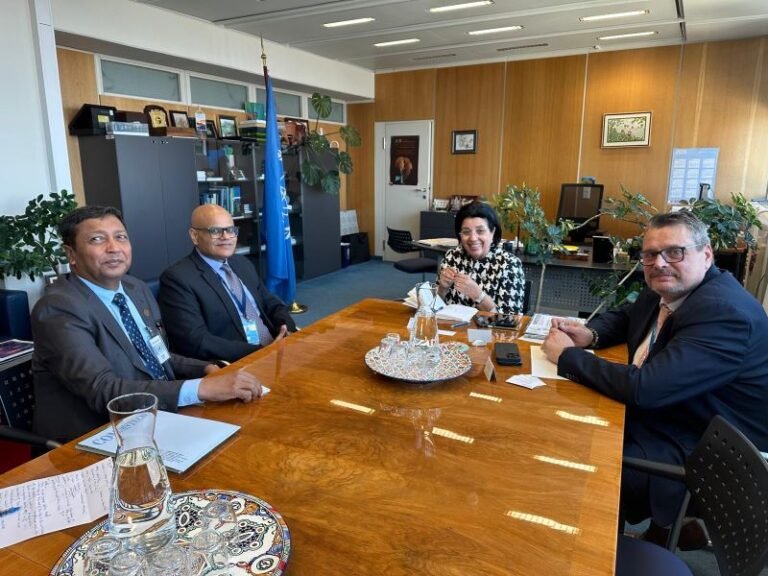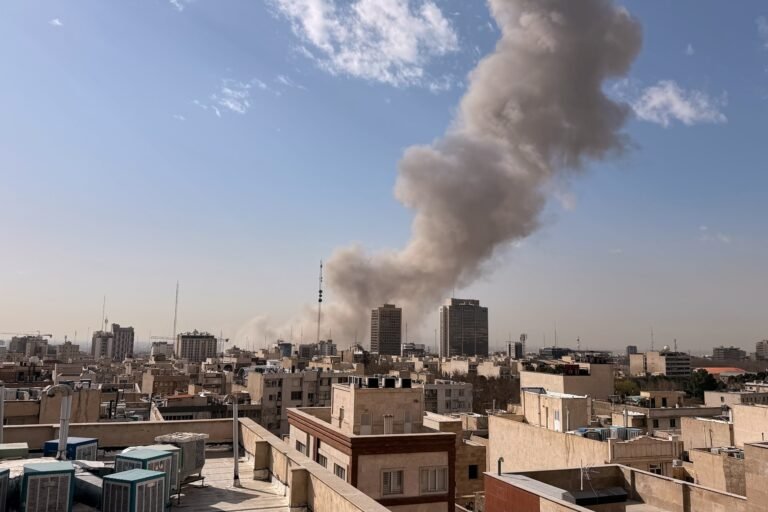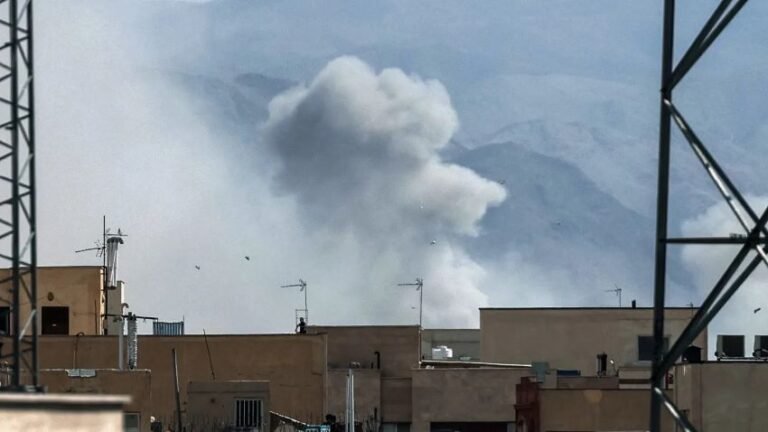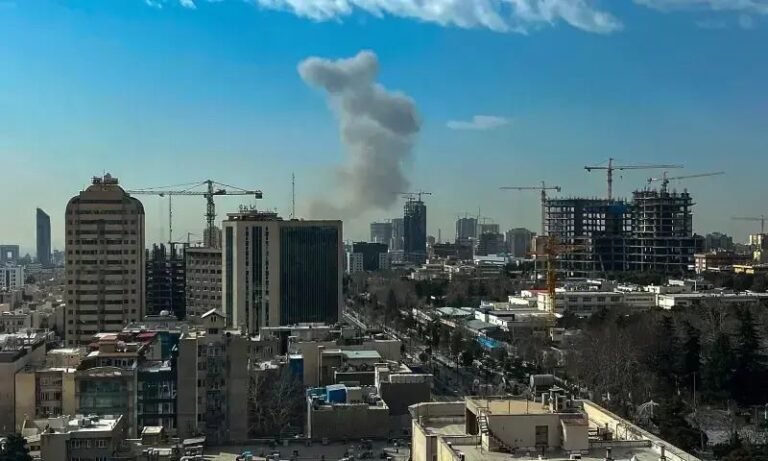New York, 25 June 2024 (TDI): Ambassador Munir Akram, Permanent Representative of Pakistan to the United Nations, stated Humanitarian Affairs Segment 2024. The segment was based on “Putting humanity first in the face of conflicts and climate change,” strengthening humanitarian assistance and respect for international humanitarian law, and promoting effectiveness, innovation, and partnerships.
2023 marks almost 400 disastrous events. The growing impact of climate change causes the world’s humanitarian crisis. It also causes proliferating conflicts and the accompanying violations of international humanitarian law.
He stated that the UN, especially OCHA and its agencies and other partners, have responded admirably in difficult circumstances. However, OCHA and other humanitarian agencies confront a chronic funding gap. The funding gap has increased by 16%. The UN and its partners require over $40 billion to assist 180 million people.
Moreover, the Member States must devise effective mechanisms for adequate, predictable, and timely funding to respond to multiple and complex emergencies. The Central Emergency Response Fund has proved invaluable during the early phases of the humanitarian crisis, including the 2022 floods in Pakistan. It must be fully financed in response to OCHA’s projections.
He said that The Loss and Damage Fund will require far more funding than the $800 million pledged initially. We have welcomed the Charter on Finance for Managing Risks launched at CoP28. Further, we must promote policy coherence between climate change adaptation and integration, disaster risk reduction, and humanitarian response frameworks.
NDMA App
In Pakistan following the 2022 floods, Pakistan has developed capabilities to predict disasters up to 10 months in advance, with projections in all domains. A specific NDMA app has been launched for guidance to the entire population. Pakistan is prepared to share our comprehensive low-cost global application models.
Additionally, most of the man-made disasters are caused by internal and cross-border conflicts as outlined in the SG’s report. Humanitarian assistance in response to such crises must be accompanied by resolute efforts to address the root causes of these conflicts and establish durable peace.
Human suffering in such disasters has been amplified by the wanton violation of international humanitarian law.
Also Read: Pakistan advocates sustained engagement with Afghan Authorities
Finally, he concluded that the principle of burden-sharing is absent. Pakistan has hosted over 5 million Afghan refugees over 40 years. Even today, Pakistan has over 1.4 million registered refugees, another 1 million unregistered, and thousands who are entirely undocumented. Pakistan will apply its laws regarding all aliens who are illegally in the country.
We also hope that now that the conflict has ended in Afghanistan, the 1.4 million registered Afghan refugees will be repatriated soon under a fully funded UN Plan, as promised years ago, he added.
International Relations Graduate (Gold Medal), Author at The Pakistan Today and The Geopolitical Monitor, Former Research Intern at the Center for International Strategic Studies, Sindh (CISSS)
- This author does not have any more posts.















